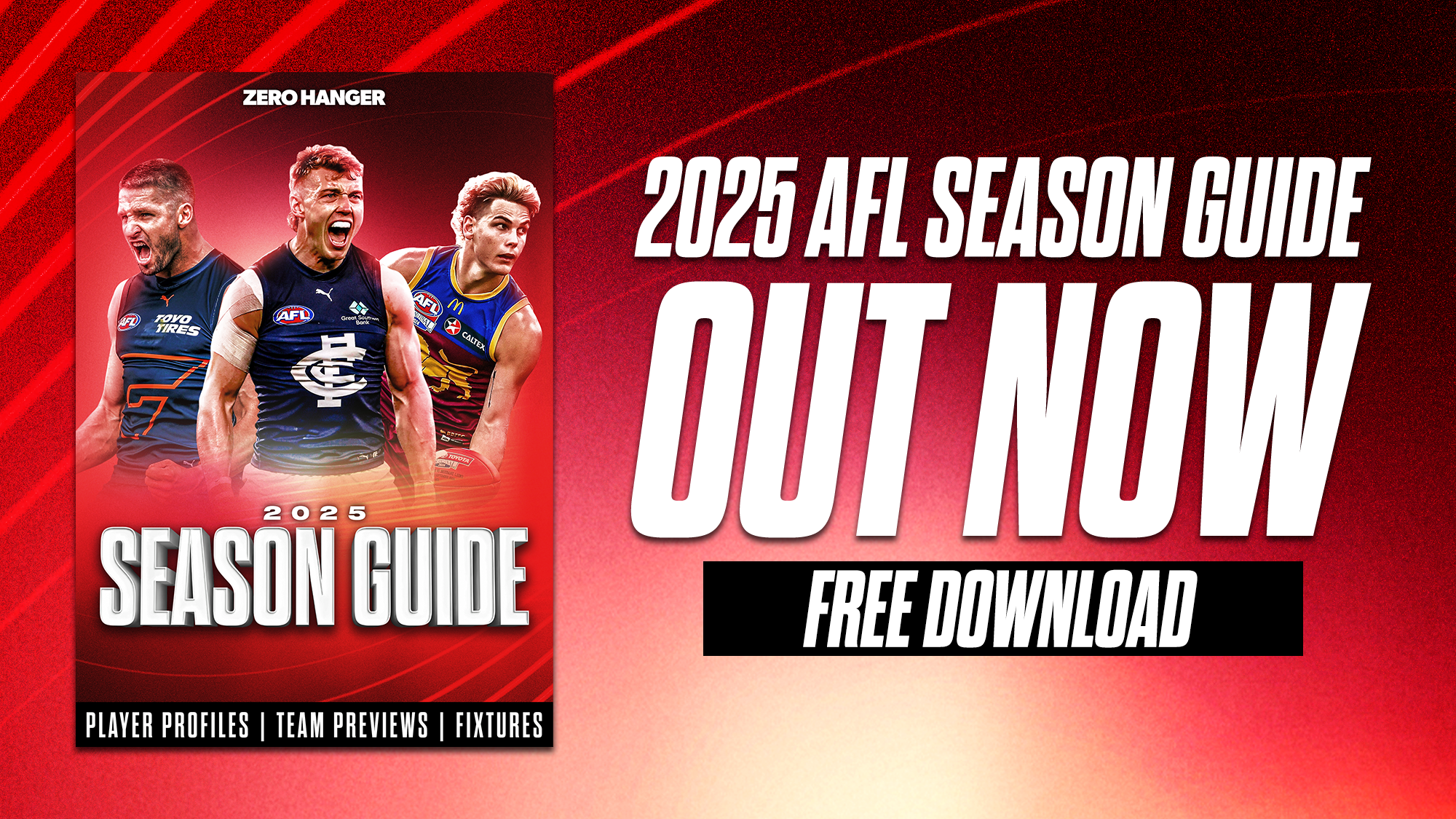Gold Coast Suns CEO Mark Evans has specified just how disadvantaged non-Victorian clubs are in the AFL, as the league continues its comprehensive competitive balance review.
The review, initiated over the off-season, aims to address widespread concerns about the fairness and equity of the competition, in light of the Suns' recent success in securing four academy players in the first 26 picks of the draft.

This haul, a result of strong investment in the Northern Academy, drew sharp reactions from established clubs like Collingwood and Essendon. These clubs have notably benefitted from the father-son rule and limited travel requirements, Essendon not leaving Victoria for ten consecutive matches this season while Collingwood relishes the play of the Daicos brothers at very little draft cost.
In his detailed submission to the AFL, pasted in Jon Ralph's article in the Herald Sun, Evans outlined the myriad disadvantages expansion clubs like the Gold Coast Suns and GWS Giants face. His document, "Summary of Advantage and Disadvantage," starkly illustrates the inequities he believes are currently in place.
Higher Placed Clubs -
- Advantaged in: Trade/FA acquisition, contracting/retention, non-FB earnings, fixture & marquee, venue & crowd
- Disadvantaged in Draft acquisition
Lower Placed Clubs -
- Advantaged in: Draft acquisition
- Disadvantaged in: Trade/FA acquisition, contracting/retention, non FB earnings, fixture & marquee, venue & crowd
Larger Clubs -
- Advantaged in: trade/FA acquisition, contracting/retention, non FB earnings, fixture & marquee, venue & crowd, facilities
- Disadvantaged in: N/A
Smaller Clubs -
- Advantaged in: N/A
- Disadvantaged in: Trade/FA acquisition, contracting/retention, non FB earnings, fixture & marquee, venue & crowd, facilities
Victorian Clubs -
- Advantaged in: Trade/FA acquisition, contracting/retention, non FB earnings, rental costs, fixture & marquee, travel load, Grand Final, second tier, soft cap/staffing
- Disadvantaged in: N/A
Non-Victorian Clubs -
- Advantaged in: N/A
- Disadvantaged in: Trade/FA acquisition, contracting/retention, non FB earnings, rental costs, fixture & marquee, second tier, soft cap/staffing,
Established Clubs -
- Advantaged in: Trade/FA acquisition, contracting/retention, non FB earnings, father/son, NGA, fixture & marquee, venue & crowd, travel load, soft cap/ staffing, facilities
- Disadvantaged in: Northern academy
Expansion Clubs -
- Advantaged in: Northern academy
- Disadvantaged in: trade/FA acquisition, contracting/retention, non FB earnings, rental costs, father/son, NGA, fixture & marquee, venue & crowd, travel load, Grand Final, second tier, soft cap/staffing, facilities
While the Suns have one tick in their favour - their academy - they lag behind in 13 other critical areas including player acquisition, retention, fixture and marquee games, and travel load.
Evans' key requests to the AFL include maintaining the current academy bidding system, ensuring fairer fixture and travel schedules, reconsidering the MCG's monopoly on the Grand Final, and enhancing support for market-based factors such as crowd engagement and facilities.
The four key requests for Gold Coast on equalisation. The Suns travel six times including two Perth trips in the next ten weeks. Until round 24 the Dons have ten straight games in Melbourne. How the Suns propose to fix the travel burden…. The Mark Evans read 👇…
— Jon Ralph (@RalphyHeraldSun) June 21, 2024
"The AFL has 27 projects in this review. It would be a terrible outcome if all of the things that that review throws up make it harder for clubs who are already disadvantaged," Evans told the Herald Sun.
He stressed the importance of retaining academy players for the growth of the club and the sport in the region, arguing that while the academy system is an advantage for clubs like Gold Coast, it is necessary to balance the significant disadvantages they face in other areas.
Evans also proposed several solutions to address travel imbalances, such as increasing charter flights and ensuring that teams with fewer travel obligations take on more long-haul flights. He suggested expanding the season to 24 rounds to provide non-Victorian teams with an extra home game or rotating Victorian clubs to play interstate more frequently.
The issue of player acquisition remains a major challenge. Evans pointed out that clubs like Gold Coast have to overpay for free agents and struggle to attract top-tier talent, unlike Victorian clubs that can leverage their location and media opportunities.
As the AFL continues its competitive balance review, Evans' insights highlight the struggle the league faces in its fight for equity in our inherently unbalanced competition.







